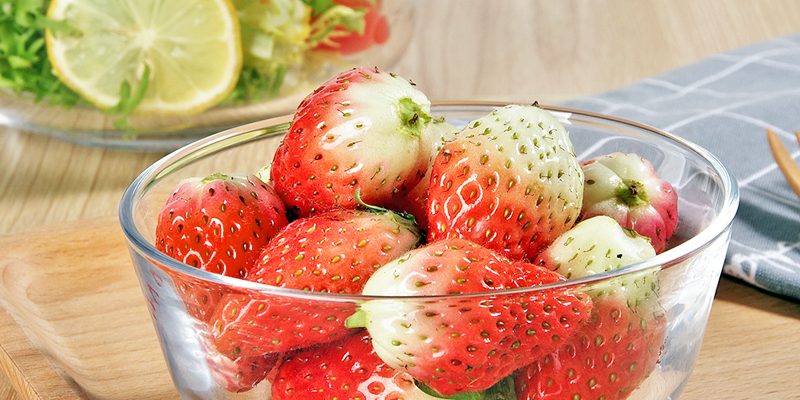In an era marked by environmental consciousness, making sustainable choices extends to all aspects of life, including the tools we use in the kitchen. Glass bowls, with their eco-friendly attributes and versatile functionality, align perfectly with the principles of sustainable culinary practices. Let’s delve into how glass bowls contribute to a greener and more conscious culinary journey.
Longevity and Durability: Glass bowls are designed for durability and longevity. Unlike single-use or disposable containers, glass bowls can withstand the test of time with proper care. By investing in quality glass bowls, you reduce the need for frequent replacements, which in turn minimizes resource consumption and waste.
Reusable and Recyclable: Glass is one of the most recyclable materials available. Even if a glass bowl reaches the end of its life cycle, it can be recycled into new glass products, reducing the demand for raw materials and decreasing the strain on the environment. This cycle of reuse and recycling contributes to a more sustainable consumption pattern.
Avoiding Single-Use Plastics: Using glass bowls helps reduce reliance on single-use plastic containers and wraps. By choosing glass over plastics, you contribute to the reduction of plastic waste that often ends up in landfills and oceans, posing a threat to ecosystems and marine life.
Energy-Efficient Production: The production of glass requires less energy compared to many other materials. This energy efficiency contributes to a lower carbon footprint and aligns with sustainable manufacturing practices. By opting for glass bowls, you indirectly support eco-friendly production processes.
Safe for You and the Environment: Unlike some plastics that can leach harmful chemicals into food and the environment, glass is non-toxic and safe. Choosing glass bowls ensures that your food remains untainted and that your culinary practices have a minimal impact on the environment.
In summary, glass bowls serve as champions of sustainable culinary practices. Their longevity, reusability, recyclability, role in reducing single-use plastics, energy-efficient production, and safety attributes make them an eco-conscious choice for chefs and cooks who aim to minimize their environmental footprint and contribute to a healthier planet.
















